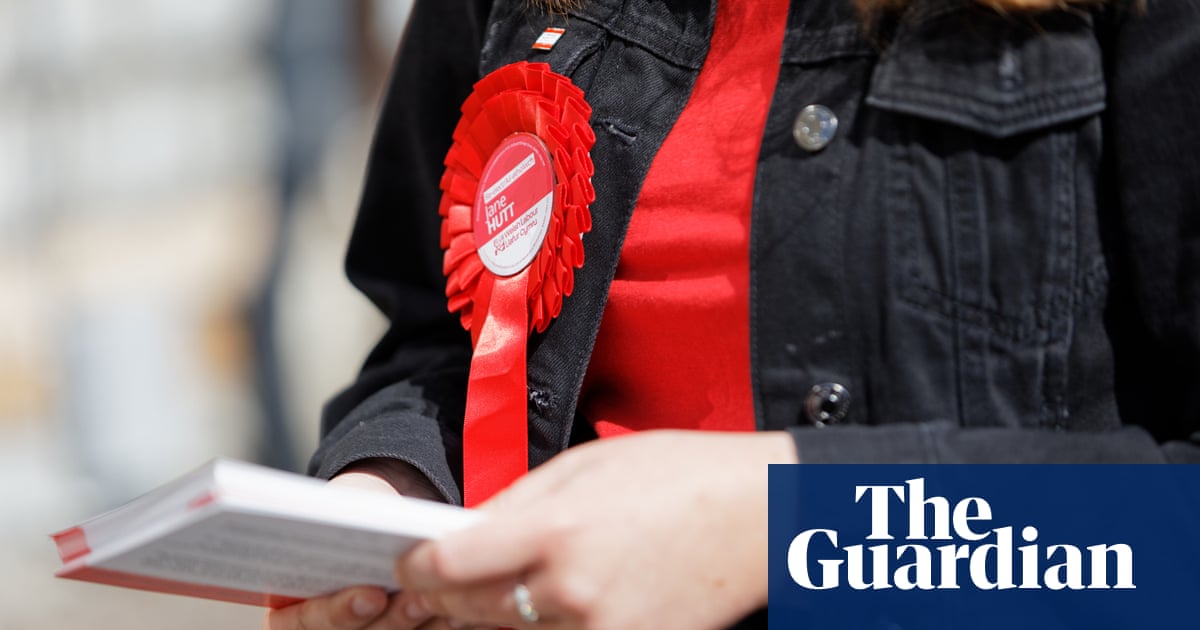
nita Rani, 43, is a journalist, broadcaster and media multitasker. Born in Bradford, she has made documentaries about India inspired by her family background, danced the samba on Strictly (she later hosted the show’s live tour) and been a regular, much-loved presenter on the BBC’s Countryfile. She has just joined Radio 4’s Woman’s Hour, presenting the show on Fridays and Saturdays.
How do you feel about your new role on Woman’s Hour?
I’ve always listened to Woman’s Hour, even as a kid. My dad listened to Radio 4 in the car – I’d constantly try to get him to put it on Radio 1! It came out of the blue getting this gig, and I want to put my mark on it. I’ve got this amazing opportunity to talk to whoever I want to about topics that might not get looked at elsewhere, and to bring a vibrancy to a Friday. It’s a gift getting the Friday programme, because everyone is looking forward to the weekend. I see it as glossy magazine day. What do I want to do? Everything – it’s all up for grabs.
Would you describe yourself as a feminist – and did the traumatic discoveries you made on the BBC’s genealogy series Who Do You Think You Are? deepen your wish to champion women?
One hundred per cent. I’ve always been a feminist, but something changed when I found out about my family’s history. My grandfather was in the British Indian army, stationed in Mumbai, when the partition of India happened. His family – father, wife and two children – were in Pakistan, on the wrong side of the border. None of them made it out alive. I came across horrific accounts of what happened to women. And the story of my grandfather’s first wife really affected me. I felt like I knew this woman and was channelling her story. The rumour was she had jumped down a well. But did she? Was she murdered? Or abducted and converted to Islam? I genuinely don’t know. These women’s stories were not told; they’re hidden in a shroud of shame.
The historian David Olusoga recently argued that the BBC needed a structural overhaul for more diversity and inclusivity. Do you agree?
The industry needs to change. The whole country needs a structural overhaul. I live in Hackney, a partly gentrified area full of media companies – but how many of them employ kids from the local area? I often go on shoots where I’m the only northerner, never mind the only woman and brown person.
You’ve said you have to work twice as hard as a white person to be successful…
Any non-white person will tell you this. This is how we were brought up: “Get your head down and work twice as hard to be even noticed.”
You grew up in Bradford – how did this contribute to your character?
Bradford made me… Obviously, I’m a Yorkshire lass so I’m going to bang on about Yorkshire. But it’s stunning, and growing up in that landscape… My parents worked really hard, they had a clothing manufacturing business. Me and my brother would help at the factory after school. And on Sundays, Dad would bundle us off to the moors for a Punjabi picnic. My grandad came to the UK in 1953, one of the first Indians in Bradford. My dad is a proper Yorkshireman, I’ve got his adventurous spirit and curiosity. My mum is Indian-Indian, she came in the 70s to marry Dad. As a kid, I had a conflicting identity, but now I own all of it – a healthy dose of Yorkshire and Punjabi.
You’re a buoyant presenter, but presumably you do feel down sometimes?
What I want to bring to Woman’s Hour is warmth, humour and hope, particularly now, in such bleak times. But I do get down… I’m writing a childhood memoir, The Right Sort of Girl, so it’s all going to come out. The book’s premise is that you spend a lot of time trying to fit in, then lose the essence of who you are. I’d tell my 16-year-old self: don’t worry too much. I spent so long worrying. I was very driven, focused on making a life. I was torn between doing what I wanted and doing what I was told. I’d tell my younger self to do what she wanted more and not bend to do what people expected from her.
You have talked openly about your miscarriage – does the subject need more discussion?
I don’t know whether it’s because we’re living through a pandemic, but something has changed in me. Increasingly, I want to ditch shame. I’ve spent a lifetime being told I need to be quiet, or that “Girls should behave like this,” or “Don’t bring shame on us”. Now I think: who am I shaming? More people are talking about miscarriage now, and we need to: one in four women in the UK suffer miscarriage. I’d no idea until I had my own. Nowadays, we’re encouraged to talk more about our identities. When I was growing up it was: assimilate, don’t rock the boat, don’t talk about your ethnicity – fit in. This is so detrimental to self-esteem. You find yourself bending in the workplace to make sure everyone else feels OK with who you are.
How have you fared during lockdown?
Getting a dog has changed my life – she’s a Bedlington whippet. It’s been magical. I’ve never had a pet before, because Dad said it was cruel. But she has connected me to animals in a way I’ve never been – even as a Countryfile presenter. The only major problem is she wants to stick to us all the time. My husband will take her to work eventually.
What’s your greatest hope for the future?
Same as everyone – that we sort this pandemic out. This is the hardest lockdown, winter has come and I’ve friends on the NHS frontline who are exhausted. What I want is for the world to free up a bit so we can go back to some sort of normality. And I’d quite like a holiday, dare I say it?












